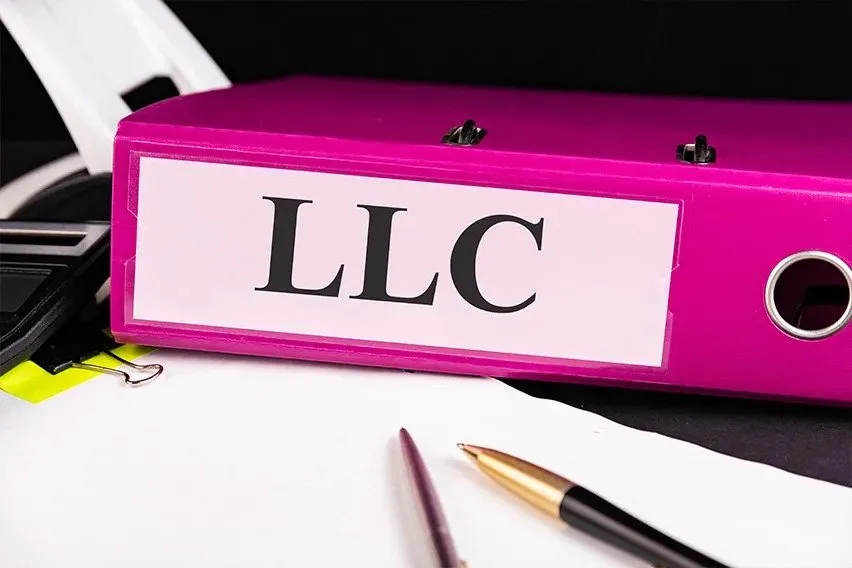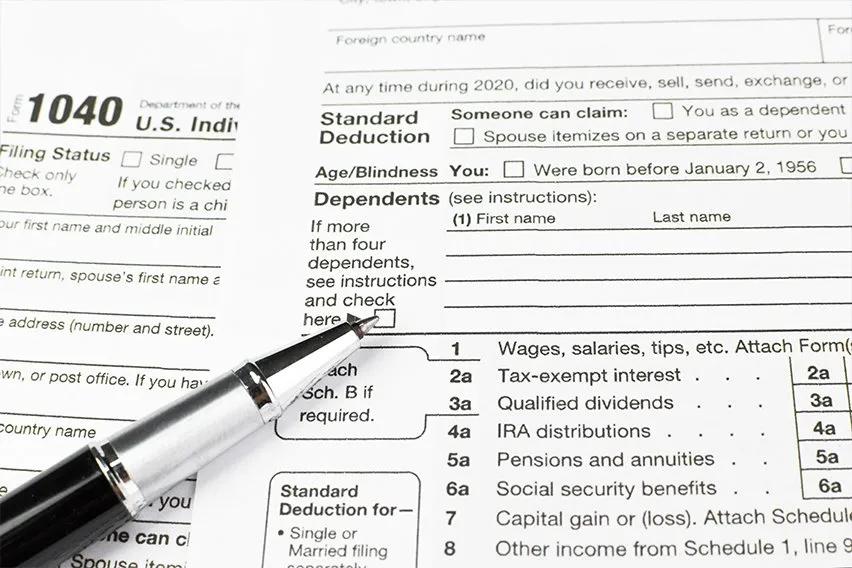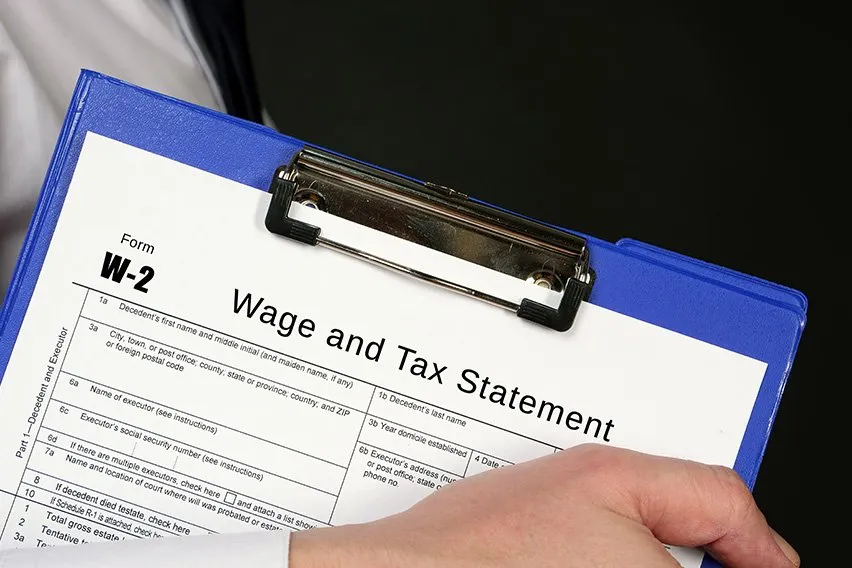Requirements for Tax Exemption: Tax-Exempt Organizations

The requirements for tax exemption for an organization is covered by Section 501(c) of the Internal Revenue Code. Under the code, nonprofits and other charitable institutions receive certain exemptions from federal, state and local income taxes.
To apply for tax exemptions, organizations have to apply for recognition of exemption. This results in the formal recognition of the organization’s status by the IRS. Usually, organizations that don’t operate for profit and provide valuable service to the communities can apply for tax exemption.
What this article covers:
- What Qualifies You to Be Tax Exempt?
- Who is Exempt from Paying Taxes?
- How To Apply for Tax Exemption

What Qualifies You to Be Tax Exempt?
Tax exemption refers to the income and transactions that are not subject to federal, state and local taxes. Most taxpayers qualify for personal tax exemptions that reduce their tax bill the same way a deduction does. In addition, federal and state governments frequently exempt certain organizations from paying taxes when they serve the public, such as charitable and religious organizations.
To qualify for tax exemption, the nonprofit organizations must apply under Section 501(c)(3) of the Internal Revenue Code. The status allows the organizations to write off their contributions on their individual tax returns.
The IRS allows only specific charitable organizations to file for tax exemption under Section 501(c)(3). In accordance with Code section 170, they’re eligible to receive tax-deductible contributions.
- To be tax-exempt, an organization must be organized and operated exclusively for exempt purposes specified in section 501(c)(3)
- The organization must have a charitable purpose, be a religious group, considered a scientific organization, qualify as an educational organization or serve some literary purpose
- Its earnings should not be related to an individual or any private shareholder
- The organization should not have political affinities, which means that it should not attempt to influence legislation or participate in political campaigns
Social welfare organizations, schools, colleges, labor organizations, certain social clubs, veterans’ organizations and organizations conducting scientific research can qualify for tax exemption if they meet the IRS requirements for tax exemption.
The 501(c)(3) nonprofits are either public charities which allow them to receive most of their income from the general public or the government. They could also be a private foundation that receives its income from investments and endowments.
Private foundations are subdivided into operating and non-operating. While non-operating foundations use their income for grants to other nonprofits, an operating foundation runs its own programs that meet different charitable goals.
The tax-exempt status of an organization lets people know that financial contributions they make to the organization are tax-deductible. It also allows the organization to receive grants from private foundations and protection from lawsuits.
Who is Exempt from Paying Taxes?
Apart from organizations, certain people who meet specific criteria are exempt from paying income tax.
If your income is less than or equal to the standard deduction, it’s not taxable. For example, if you’re under the age of 65, single and earned an income of less than $13,850 in a year, you may not have to file a tax return (though you may want to).
There are other certain types of income that recipients are exempt from paying taxes on. This includes some social security and welfare benefits, Armed Forces family allotments, and some life insurance proceeds.
It’s important to note that beginning with the 2018 tax year, personal and dependent exemptions are no longer used on your federal tax return.

How To Apply for Tax Exemption
Once incorporated, nonprofits and other organizations can apply for tax exemption by filing IRS Form 1023 within 27 months after incorporation. This allows the nonprofit to be recognized as tax-exempt from the date of creation. Smaller nonprofit organizations may need to file Form 1023-EZ.
The organizations seeking tax exemption must have an Employer Identification Number (EIN). If your organization does not have an EIN, you can file Form SS-4 to obtain it. Depending on how you apply, it can take up to 4 weeks to receive your EIN.
After filing Form 1023 electronically and paying the filing fees, you must wait for IRS approval. This may take anywhere from a few months to a year, based on the accuracy of your application and the written follow-up questions the IRS may have. (It can speed up the process if you’ve already provided a detailed explanation of why your nonprofit is being set up and its primary activities in your articles of incorporation.) Also, be sure you respond to the IRS quickly.
The requirements for tax exemption involve a number of legal and taxation issues. This is why you must consult with an experienced tax attorney who can oversee the entire process of application and ensure that the organization meets all relevant statutory requirements for tax exemption.
More Useful Resources
- How Much Do You Have to Make to File Taxes?
- Are Closing Costs Tax Deductible?
- Are Funeral Expenses Tax Deductible?
- Mileage Tax Deduction Rules
- Sales Tax Deduction
- Are Home Improvements Tax Deductible?
- SALT Tax Deduction
- Mortgage Interest Deduction
- QBI Tax Deduction
- Educator Expense Tax Deduction
RELATED ARTICLES

 Tax Depreciation: The Impact of Depreciation on Taxes
Tax Depreciation: The Impact of Depreciation on Taxes Tax Classifications for LLC: Everything You Need to Know
Tax Classifications for LLC: Everything You Need to Know How to Calculate Withholding Tax (4 Easy Steps)
How to Calculate Withholding Tax (4 Easy Steps) Pre-Tax Deductions: Definition, Types, and Examples
Pre-Tax Deductions: Definition, Types, and Examples How to File an Amended Tax Return with the IRS in 5 Simple Steps
How to File an Amended Tax Return with the IRS in 5 Simple Steps What Is A W-2 Form? Tips for Employers on Completing Employee Tax Documents
What Is A W-2 Form? Tips for Employers on Completing Employee Tax Documents